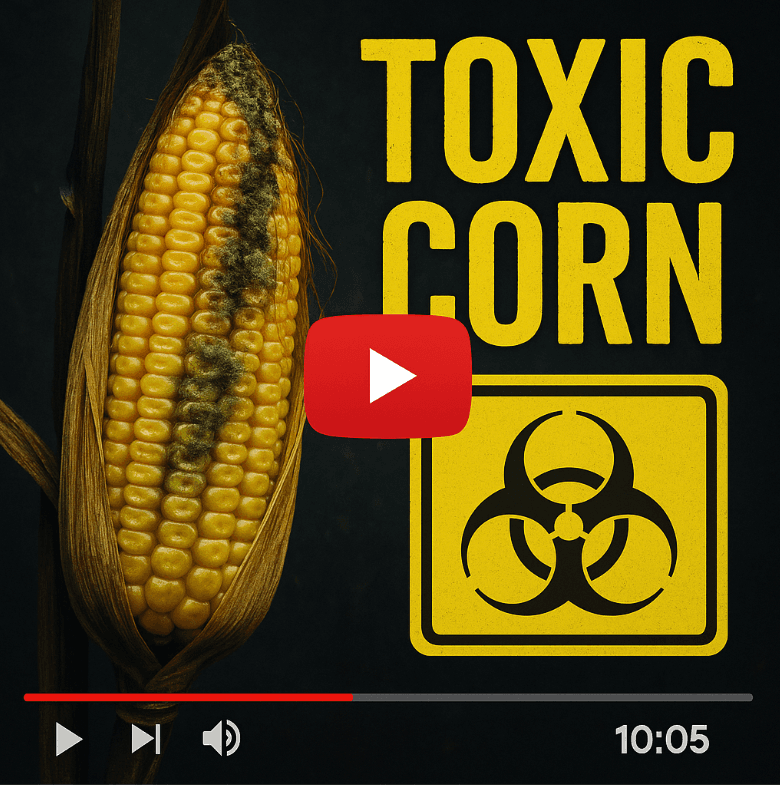The Advantages Of Quitting Smoking
Many people are well aware of the damage smoking can do to the lungs and heart, but few know its adverse effects on another vital organ: the eyes.
Did you know that smoking and even exposure to secondhand smoke significantly increase the risk of developing cataracts? Cataracts are a clouding of the eye's lens, leading to impaired vision, blindness, if untreated.
Smoking introduces harmful chemicals, mainly _free radicals_, that damage the cells in your eyes and elsewhere in the body.
Free radicals, harmful byproducts of smoking, wreak havoc by damaging the retinal cells crucial for vision clarity.
"Smoking kills off those good chemicals that fight against the bad ones."
Regardless of how long someone has smoked, quitting can significantly decrease the risk of developing cataracts. The body's resilience allows it to repair some of the damage caused by smoking, highlighting the importance of stopping the habit as soon as possible.
Consulting with healthcare providers can offer access to various programs or prescription medications designed to support smoking cessation. These resources will help significantly if one decides to quit smoking.
- Programs offering behavioral support
- Medications that reduce cravings
- Counseling and support groups
Protecting your eyes from damage caused by smoking is a crucial step in maintaining overall health and well-being. Whether addressing heart, lungs, or vision, quitting smoking presents numerous health benefits, empowering individuals to lead healthier lives.
Speak with your healthcare provider today to explore options for quitting and to initiate steps towards a better and clearer tomorrow.
From Around The Web
Wellness Inbox is a blog & weekly newsletter that curates trending news and products related to health and wellness from around the web. We also gather content from various sources, including leading health professionals, and deliver it directly to you.
Please note that we may receive compensation if you purchase any products featured in our newsletter. Wellness Inbox is not affiliated with, nor does it endorse, any health professionals whose content may appear in our newsletter. The information provided is for general informational purposes only and should not be considered medical advice.
The information provided is not intended to replace professional medical advice, diagnosis, or treatment. All content, including text, graphics, images, and information available is for general informational purposes only. We do not guarantee the accuracy or completeness of any information presented and assume no liability for any errors or omissions. The content is subject to change without notice. We encourage you to verify any information with other reliable sources and consult your physician regarding any medical conditions or treatments.







